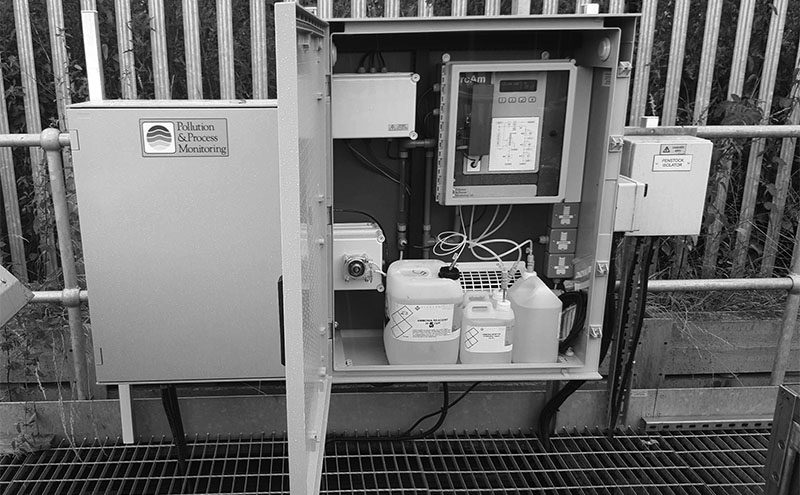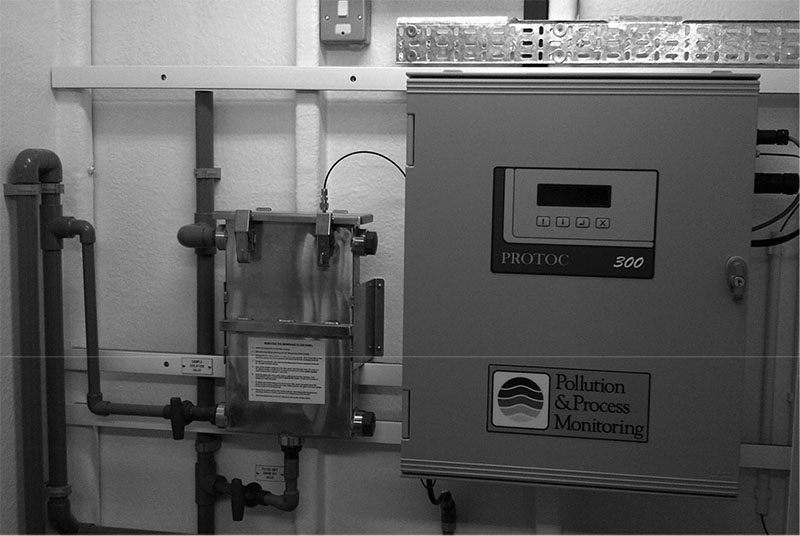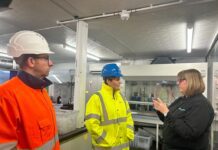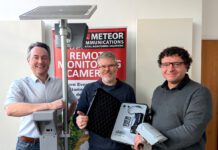
Bespoke water quality measurement systems can address highly specific requirements. Water-quality instrumentation manufacturer Pollution and Process Monitoring (PPM) says it has a customer base for such installations that extends across sectors like utilities, pharmaceuticals, petrochemicals, food & beverage and manufacturing.
PPM supplies fully equipped walk-in analyser kiosks (or towable trailers) that are pre-wired and plumbed, complete with instrumentation, sample delivery systems, data recording and communications, and the firm says this approach has been very popular. Where existing buildings can be utilised, the supply of pre-formed instrument panels has also been very successful, says PPM.
And the firm says the benefits of this approach cannot be overstated. Who better to complete the installation process than the manufacturer (or distributor) who will understand specific instrument requirements? Sometimes what may be perceived as only a minor consideration can have significant impact on the quality of the installation. Additionally, the ability to pre-engineer systems allows for complete testing before delivery, reduces time on site and therefore also reduces installed cost. “This coupled with an unrivalled customer support service has underpinned PPM’s reputation, as a leading provider of water quality instrumentation across many industrial sectors,” says the firm’s literature.
The petrochemical industry has exacting standards. A specialist contractor or design consultant is typically appointed to inspect the build and witness test instrumentation, prior to delivery. PPM has undertaken a number of complex, analyser kiosks builds complete with pre-formed sample pipe work in stainless steel, to meet the detailed specification requirements. “Biofuel, petrochemical, gas storage and transfer facilities have installed our water quality monitoring systems that include the Protoc TOC, pH and oil detection technology, to monitor surface water quality and minimise the risk of pollution ingress, in to local water courses.”
Contamination countermeasure
Engineering firms such as automotive and large-plant manufactures have also seemingly turned to PPM to provide bespoke water quality measurement systems. The large hardstanding associated with many facilities generates considerable surface water run-off and the potential for contamination with lubricating oils and hydrocarbons. The Protoc TOC analyser technology can identify hydrocarbon contamination in real time and provide control outputs to mitigate the risk. The instrumentation is typically pre-installed into walk-in analyser kiosks simplifying the site installation.
Large international airports have also been important customers for the Protoc TOC analyser technology. They too produce considerable surface water runoff from aprons and runways where de-icing agents are applied during the winter months. PPM is able to engineer the complete measurement solution including sample acquisition, sample preparation and pre-installation. The analyser monitoring kiosk can then be replicated across the airfield at key locations, as required.

And the water industry is also a key customer for bespoke measurement systems. PPM’s Proam ammonia analyser has been used in applications like final effluent compliance measurement and has undertaken a very successful product evaluation funded by seven major water companies and performed at Severn Trent Water. Whilst many instruments have been supplied indirectly (via a M&E contractor), PPM has also provided many instruments pre-installed into an enclosure complete with sample preparation and delivery systems.
Intake protection monitoring at potable water production facilities is another destination for such bespoke build solutions. The installation at Bray WTW for SE Water was engineered to an agreed specification to accommodate continuous measurements of ammonia, DO and oil, at the abstraction point on the River Thames. The result is a high-quality measurement system with simplified maintenance requirements. The application build also had to be coordinated with another contractor tasked to communicate signals into an existing telemetry and control system.
With increased automation, the correct instrument selection and style of installation are very important considerations. Furthermore, scheduling regular chemical deliveries and tailoring service contracts to provide an adequate level of support can further simplify the ownership of these instruments. The investment can then positively impact without burdening operational staff with additional work.







